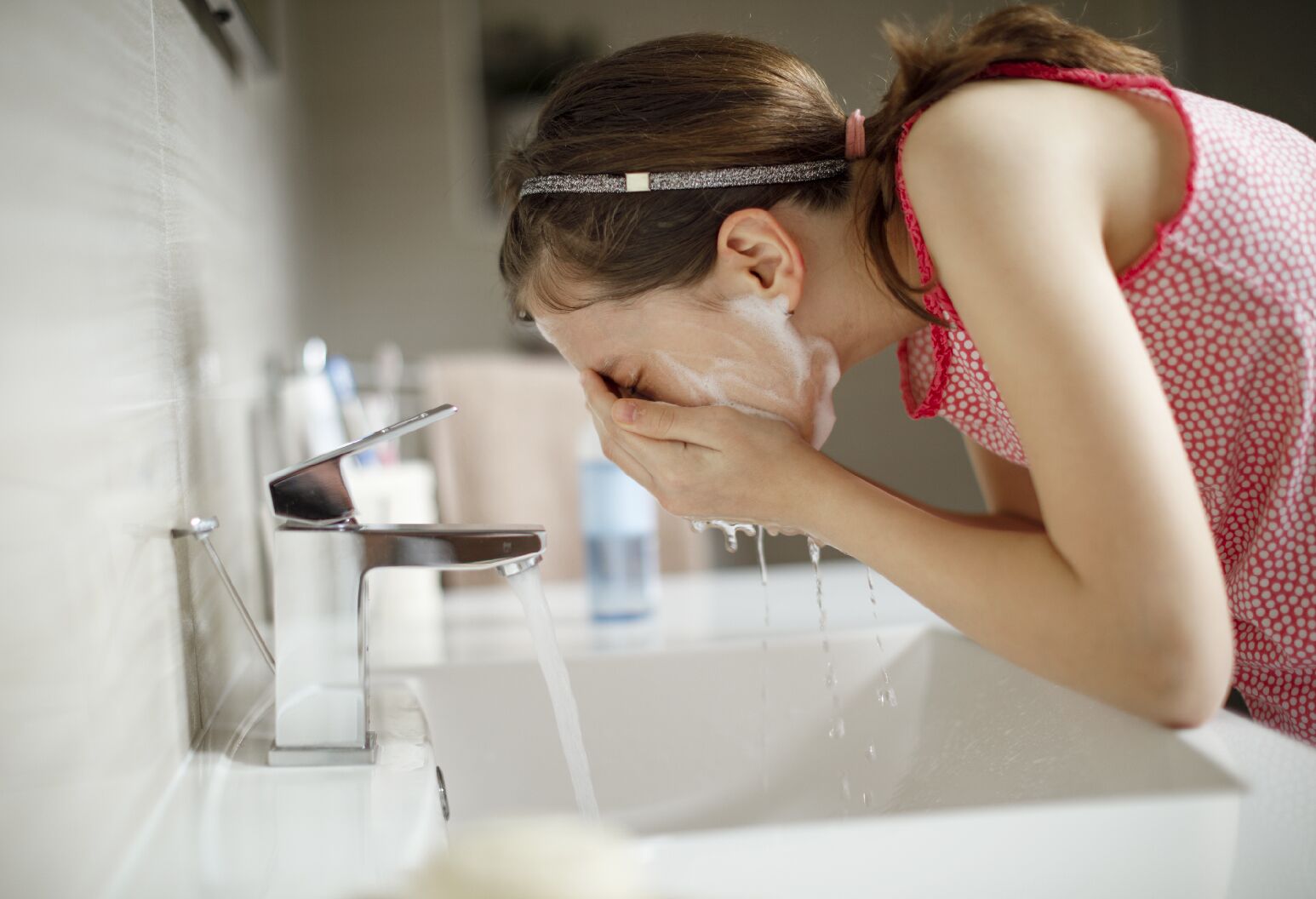parenting
My Ex Doesn't Want To Co-Parent

Advice from a child psychologist on how to spot the difference.
3 min read
I’m worried about my 13-year-old daughter. Over the past few months, she’s become extremely concerned with her own cleanliness, to the point where she is routinely taking three or four showers a day. Is this just what teenagers do when they become more self-conscious about their bodies? Or could it be something more?
Sincerely,
“Concerned Mom”
It’s confusing because puberty brings up so many unusual behaviors that turn out to be perfectly normal, as kids adjust to new social dynamics and their changing bodies.
Obsessive compulsive disorder (OCD) is a neurobehavioral condition that involves both obsessions (unwanted, intrusive thoughts or urges that trigger severely distressing feelings) and compulsions (repetitive behaviors or thoughts that are used to make the obsession go away) that occur together. These worries or obsessive thoughts are not based in reality, and are accompanied by a very strong urge to do something.
The key to differentiating this form of mental illness from quirkiness or a phase is that a person with OCD feels significant distress and the behavior takes up so much time it gets in the way of normal functioning. Kids who have OCD think that if they just do a certain ritual—whether it is washing their hands, lining up objects in a certain way, or even taking hundreds and hundreds of photos on their cell phone—they will feel better. If they don’t do the ritual, their anxiety mounts and becomes almost intolerable.
In many cases, children can be very secretive about their OCD and that can lead to a delay in diagnosis and treatment. So it’s good that you are noticing this behavior now, since the earlier a child is treated, the better. First, though, I’d talk to your daughter and find out why she is showering so frequently. If you sense that her behavior is motivated by worries and significant distress, you may want to talk to your daughter’s pediatrician about being referred to a psychologist for assessment and treatment.
If it turns out your daughter does have OCD, then treatment would involve working with her to help her tolerate the anxiety she feels around germs or being unclean and avoid any compulsive behaviors. The therapy is known as response prevention, and it involves exposing patients to the situations that trigger their obsessions and compulsions, and then helping them not perform any rituals in response to what they are feeling. It’s almost like you’re re-wiring the brain to respond differently and break the cycle.
For instance, if your daughter tends to compulsively wash her hands after touching door handles, then the therapy would involve having her touch a handle and then not allowing herself to wash her hands. It can feel very uncomfortable at first, but with each success comes less anxiety. We like to tell kids that they’re learning how to regain power over OCD and “boss it back,” and kids really respond well to that analogy.
The Well is Northwell Health’s commitment to the future of health care. In this time of information overabundance, much of which is inaccurate, unhelpful, or even difficult to understand, Northwell Health is on a mission to make a difference as an honest, trusted, and caring partner. The site connects with consumers to provide them with personalized content that reduces their stress, makes them laugh, and ultimately feel more confident and capable on their healthcare journey.